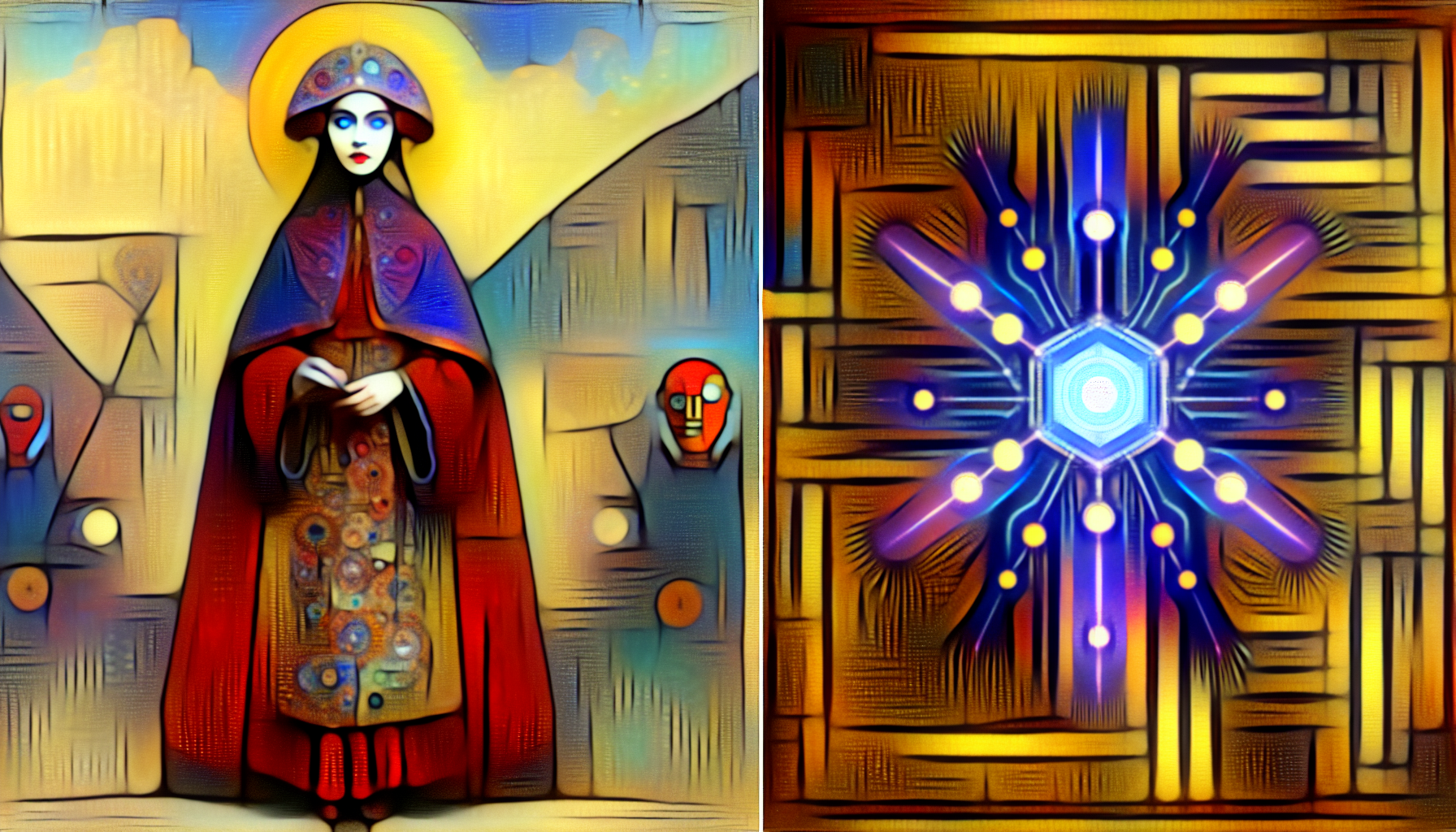In the early days of philosophy, oracles were considered to be the ultimate authorities on the future. They were elusive beings (or perhaps clever individuals), delivering cryptic messages that either foretold great prosperity or impending doom. Fast forward thousands of years, and we now face a similar phenomenon with Artificial Intelligence. Today, AI stands as the oracle of the modern age, promising to deliver predictions and insights beyond our wildest imagination. Yet, amidst all the technological wizardry, we encounter what I like to call the “Oracle Paradox.” It’s a dilemma that challenges our reliance on AIs to predict a future that is, by nature, inherently unpredictable.
The Quest for Certainty
Humans have always craved certainty. It’s why we consult weather forecasts before stepping outside or hire financial advisors to manage our investments. We want to know what the future holds to better prepare for what lies ahead—it’s in our DNA. Enter AI, the mathematical sage that promises to fill this gap in our quest for foresight. From predicting stock market trends to analyzing social patterns, AI systems appear to offer an unprecedented level of precision and reliability.
Initially, this sounds fantastic—goodbye wild guesses and hello data-driven decisions! However, it’s worth pondering whether relying heavily on AI predictions might handcuff us to a future designed by algorithms as much as it liberates us. The reliance on AI for a forecasted assurance can lead to the nagging possibility that these predictions might become self-fulfilling prophecies—contracting our boundless potential because we believed the cold, calculated prophecy.
Unveiling the Oracle Paradox
Why call it the “Oracle Paradox”? It sounds sophisticated, like a James Bond movie title, but it’s not as glamorous once unraveled. The paradox is simple: AI, for all its capacity for prediction, cannot actually predict the future with complete certainty. Let’s be honest; the future is like your grandmother’s stew—complex, with a touch of unpredictability. Even advanced AI systems, given their access to vast amounts of information, are bound by the limitations of the data they’ve consumed and the patterns they’ve learned. It may be great at foreseeing what happens if things stay the same, but catastrophic at anticipating what happens when they change.
Furthermore, intelligence (whether artificial or not) cannot account for the chaotic and irrational nature of human behavior. We humans are notorious for not fitting neatly into prescribed models—sometimes delightfully so. This is where the paradox deeply sinks in: we desire AI’s predictions, yet they remain inherently flawed the moment we rely on them to dictate our actions.
The Illusion of Control
Akin to the oracle of yore, AI creates an illusion of control over the undetermined future. When praised as predictors of future events, AIs subtly cover a world of ambiguity with a comforting but misleading veneer of certainty. It is an enticing thought, thinking that we can predict every possible outcome of our decisions and actions. Unfortunately, the reliable strategies proposed by AI often spiral into defining the norms, leading to a future sculpted from present assumptions rather than one derived from uncharted creativity.
The paradox unfolds further when we ponder intervention. Suppose a police department uses AI to predict crime hotspots. The initial response could involve deploying more police officers to these areas, which in turn influences the AI’s model outputs and possibly even actual future crime rates. Has the AI gained control over the future, or have the people instigated a cycle where predictions reflect the changes made because of the predictions themselves?
Navigating the Paradox
So, what is mere mortal to do with this paradox? Is there a way for us to lean on our shiny, data-crunching friends without falling into the pit of over-dependence? The trick lies in balance and contextual understanding.
First, we must maintain an awareness of AI’s limitations. It’s crucial to treat these systems as powerful advisors but not decision-makers. Look at AI as that well-read friend whose advice you respect but don’t always follow because you know more than just numbers define your world.
Additionally, using AI to enhance human creativity can help us break away from the cycle. Let AI be a tool to explore possibilities rather than confining them. That’s right—be playful! Use AI to simulate outcomes not as a crystal ball, but as a canvas for designing branching paths and potential stories.
Embracing Uncertainty: A Future Bond Together
We now find ourselves wrestling with the Oracle Paradox at a pivotal moment in our collective journey—acknowledging its implications inspires neither panic nor submission but rather a mindful coexistence with AI. Knowing that neither we nor the algorithms possess a crystal-clear future should not be a source of despair but a celebration of human creativity and potential.
We are not automata constrained by pre-determined patterns but rather curious beings guided by both rationality and whimsy. While AI will undoubtedly shape the fabric of our future society, it is the harmonious blend of technological advancement and human creativity that will craft a future worthy of our unpredictable nature. So, let’s embrace the uncertainty, keep our AI companions close, but never let them spoil our grandma’s stew.

Leave a Reply